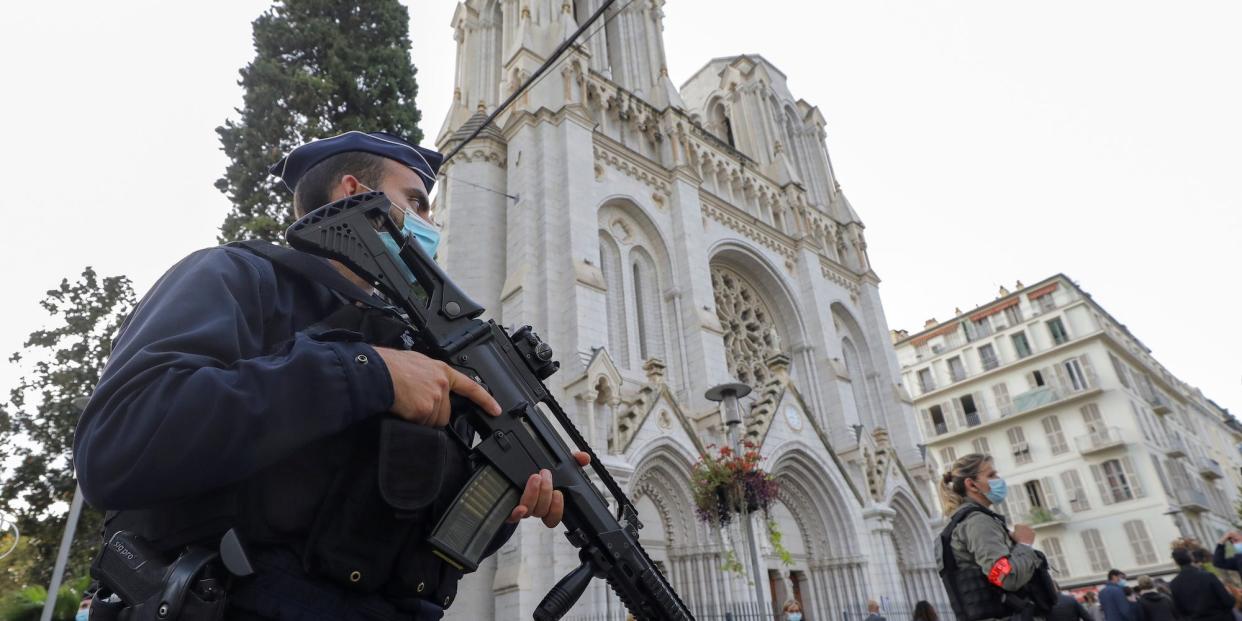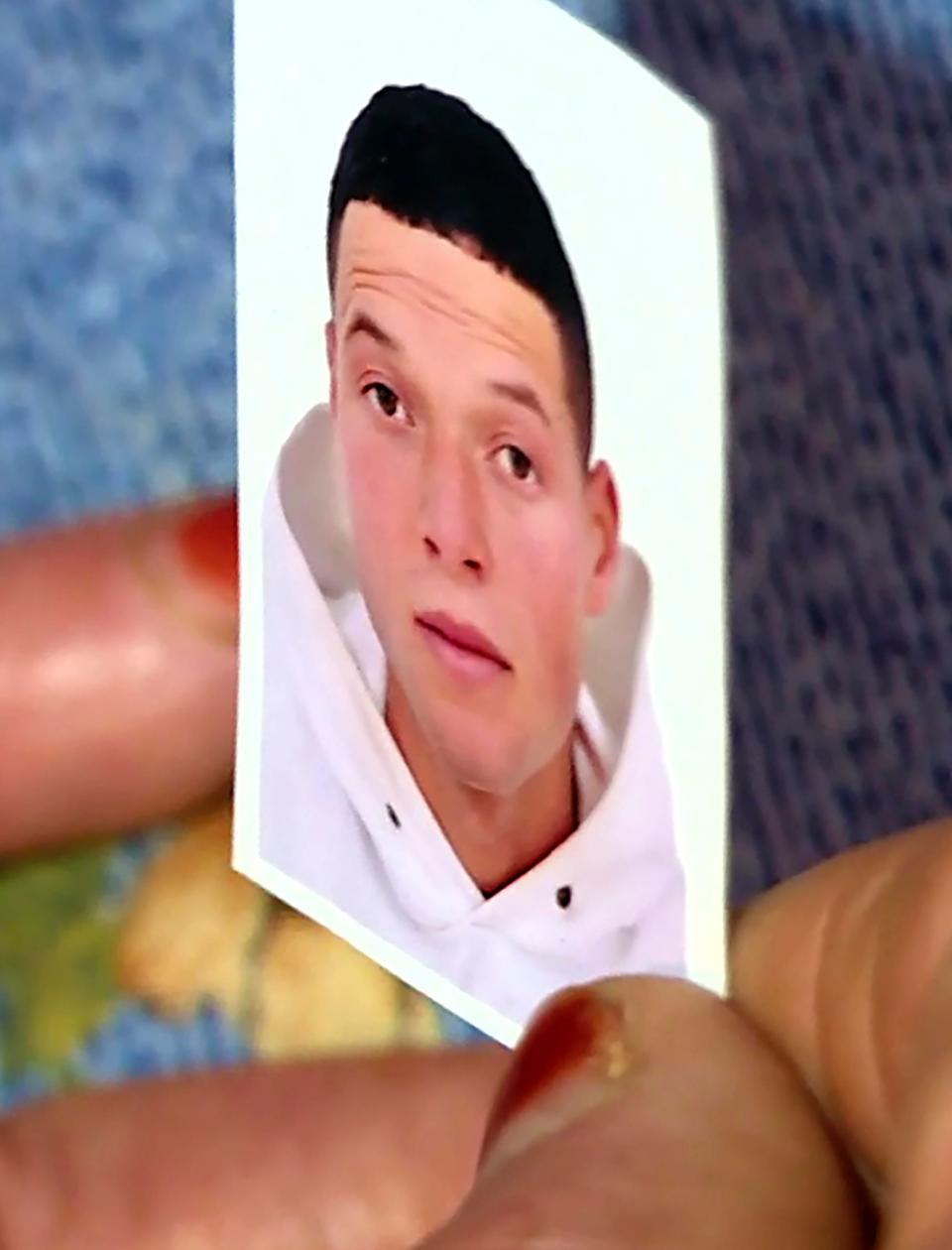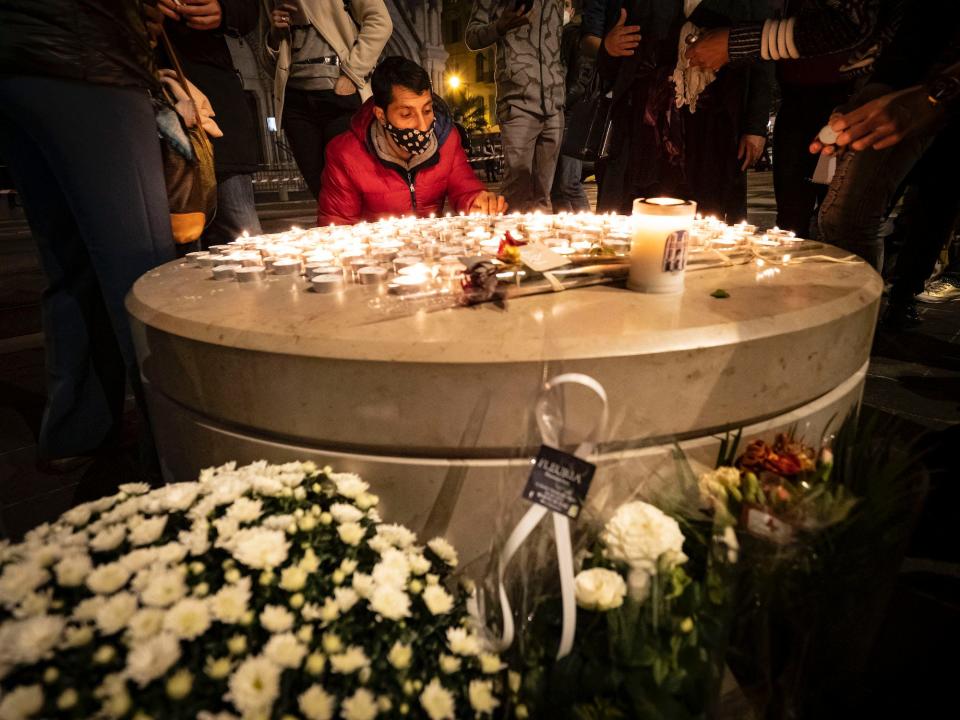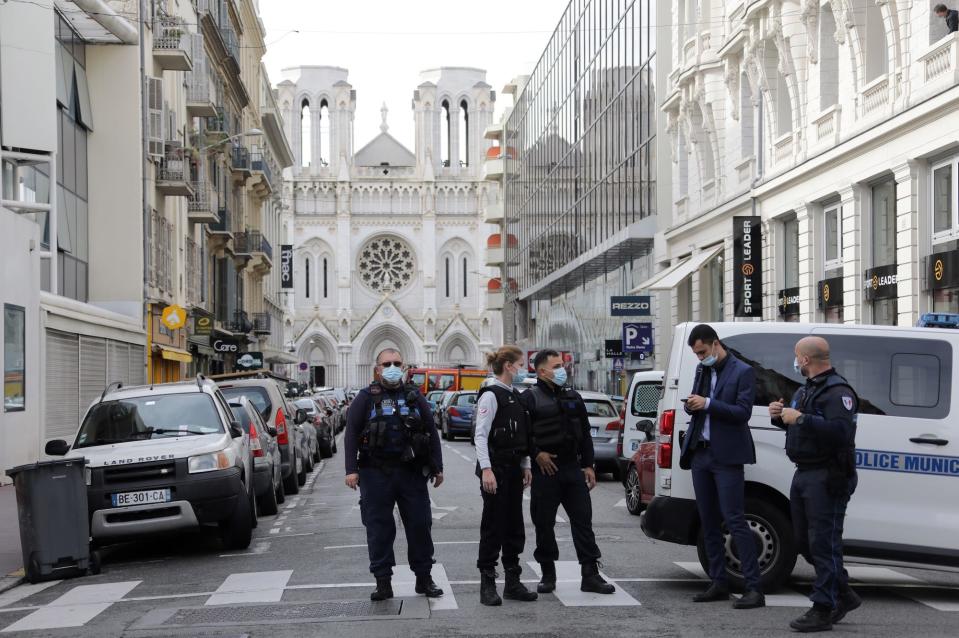Attacks like the beheading in Nice are almost impossible to prevent, security sources say

Three people were killed, including a woman who was beheaded, in an attack in Nice, France, on Thursday.
A French police investigator told Insider that the number of people who merit surveillance is too vast to properly manage.
A counter-terror analyst in Belgium said that one-man attacks like Nice are especially hard to catch, because they can involve almost no communication.
They both said that having soldiers and police on the streets could protect ordinary people because they would become the target, instead of people on the street.
In the wake of three people being stabbed to death at a church in Nice on Thursday, security officials in France and Belgium admitted that their ability to stop such attacks is limited.
France deployed thousands of additional soldiers to its streets and launched a string of raids in the aftermath of Thursday's attack, in which three people died, one of whom was beheaded.
The suspect, a 21 year-old-Tunisian not long arrived in Europe, was shot by police and arrested.

Officials speaking to Insider were frank about the fact that individuals acting alone — the working theory for this attack — are nearly impossible to stop.
"The investigation is underway and some arrests for questioning have been made," said a French police investigator briefed on the case, who spoke anonymously as he does not have permission to be named in the media.
"But so far there is no indication the suspect received assistance during the attack itself."
The investigator declined to elaborate on what, if any, links had been found to organized terror groups.
But he noted that the sheer number of people considered worthy of surveillance was too large to properly monitor. And even if you are monitoring somebody, that is no guarantee you can notice and prevent an attack.
He said: "Tens of thousands names are on the 'Fiche S,' and even the smaller lists of people who are known to be dangerous have thousands," referring to he "S List" France maintains of those it considers worth monitoring.

The official said that electronic surveillance of most subjects is limited, and that it is not logistically possible for a human analyst to regularly review the data for most subjects.
"I won't say exactly how many people it takes to follow someone and monitor their communications all day but to do it without the target noticing requires more than 20 people working in shifts," said the investigator.
"It takes less to monitor just the devices but even that requires a few."
And none of this matters if the subject decides to commit an attack and not tell anyone, said a Belgian counter-terrorism analyst for the Federal Police.
The analyst also spoke on condition of anonymity, lacking permission to do so publicly.
"We had about five knife attacks in Brussels since 2015 and these all came during the height of our war against ISIS networks here in Belgium," said the official.
He was referring to the so-called "Molenbeek" ISIS cell that conducted multiple attacks across Europe from 2014 to 2016, including the mass shootings at Paris's Bataclan theater and a subway bombing in Brussels.
"We were very successful on this and we did prevent some smaller attacks with arrests, but the knife attacks were impossible to predict because in each case the attacker was mentally ill or the attacker was someone with a marginal history in jihadist circles who just decided to act."
In each of the Belgian cases the single attackers with knives targeted unformed police or soldiers patrolling public areas of cities and in each case ended with the attacker shot.
The Belgian analyst said: "The French will find some people they want and interrupt some attacks maybe with the raids and arrests."
But he said the soldiers and police deployed to the streets may be the best solution, as they may provoke aggression that would otherwise be directed to ordinary people.

"Soldiers and police are symbols of the state and will draw negative attention from attackers that are acting alone or mentally ill."
The French police investigator agreed.
"The interdiction strategy will make some progress but this is a public security threat that requires soldiers and uniforms to be in the places that could be attacked," said the French investigator.
"Let them attack a paratrooper and not some old lady at church."
Read the original article on Business Insider


